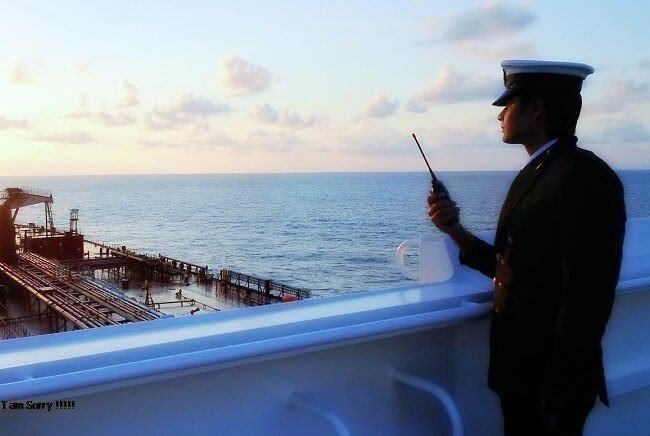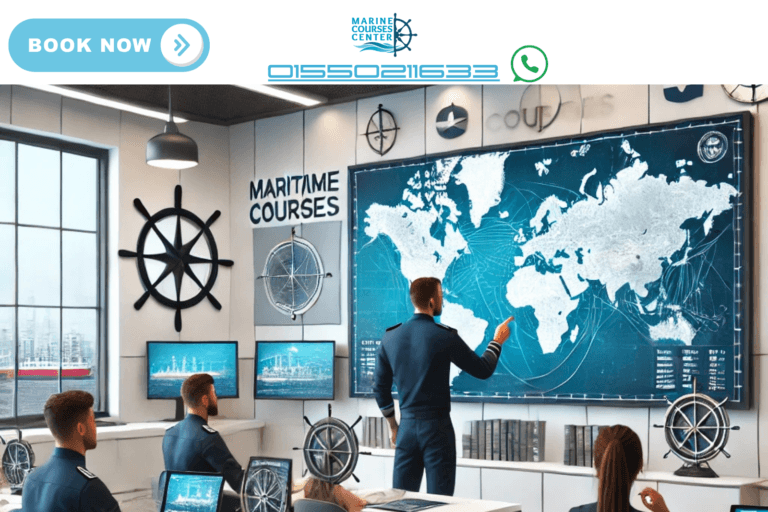Learn what a deck cadet is and what their responsibilities are as a trainee nautical officer. Read on to discover the benefits of being a deck cadet and what is required to become one.
Table of Contents
What Does a Deck Cadet Do and How Much is His Salary?
A deck cadet will spend time with the Third Mate, Second Mate, and Chief Mate to learn their respective duties. For example, when working with the third mate, a cadet will conduct inspections of safety and firefighting equipment, write logbook entries, and recognize different emergency alarm signals. When working with the second mate, the focus shifts to voyage planning, navigation, and chart corrections. With the chief officer, a cadet will learn about cargo-related jobs such as cargo monitoring, creating a loading/discharge plan, and performing tests on equipment.
Deck cadets are sent to perform a variety of deck maintenance duties, including chipping, painting, lubricating, cleaning, and aiding other crew members, in addition to their assignments with the officers. The Chief Mate serves as the cadet’s training officer, but the officer in command is ultimately in charge of their training.
Deck cadets are not required for shipping firms, and some companies opt not to use them. While others receive cadet scholarships from groups like the Norwegian Shipowners Association and the International Maritime Employers’ Council, certain shipping firms, like Maersk, sponsor cadetship training programmers.
The main advantage of being a deck cadet is the access to hands-on practice every day on board. Their job is to learn and study, so they have all the opportunities to gain practical experience in every aspect of a mariner’s job. However, deck cadets are not an indispensable part of the shipboard organization, and officers can come from any crew member who has completed the necessary training and certificates.
In conclusion, a deck cadet is a trainee nautical officer who learns the duties of deck officers through hands-on experience and structured training. While they may not be mandatory, they provide opportunities for aspiring mariners to gain practical experience and knowledge.



